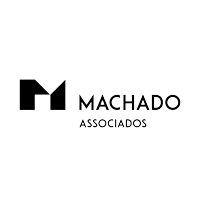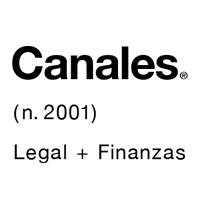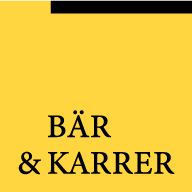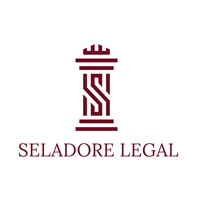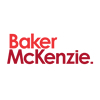
Why employers should engage more with employee mental health | Eversheds Sutherland
For several years, employers have been urged to do more to look after the mental health of their workforce. Even before the pandemic, in January 2019, mental health at work was a primary discussion topic at the World Economic Forum Annual Meeting accompanied by huge estimations of the financial impact, globally, in terms of lost …
Continue reading “Why employers should engage more with employee mental health”




